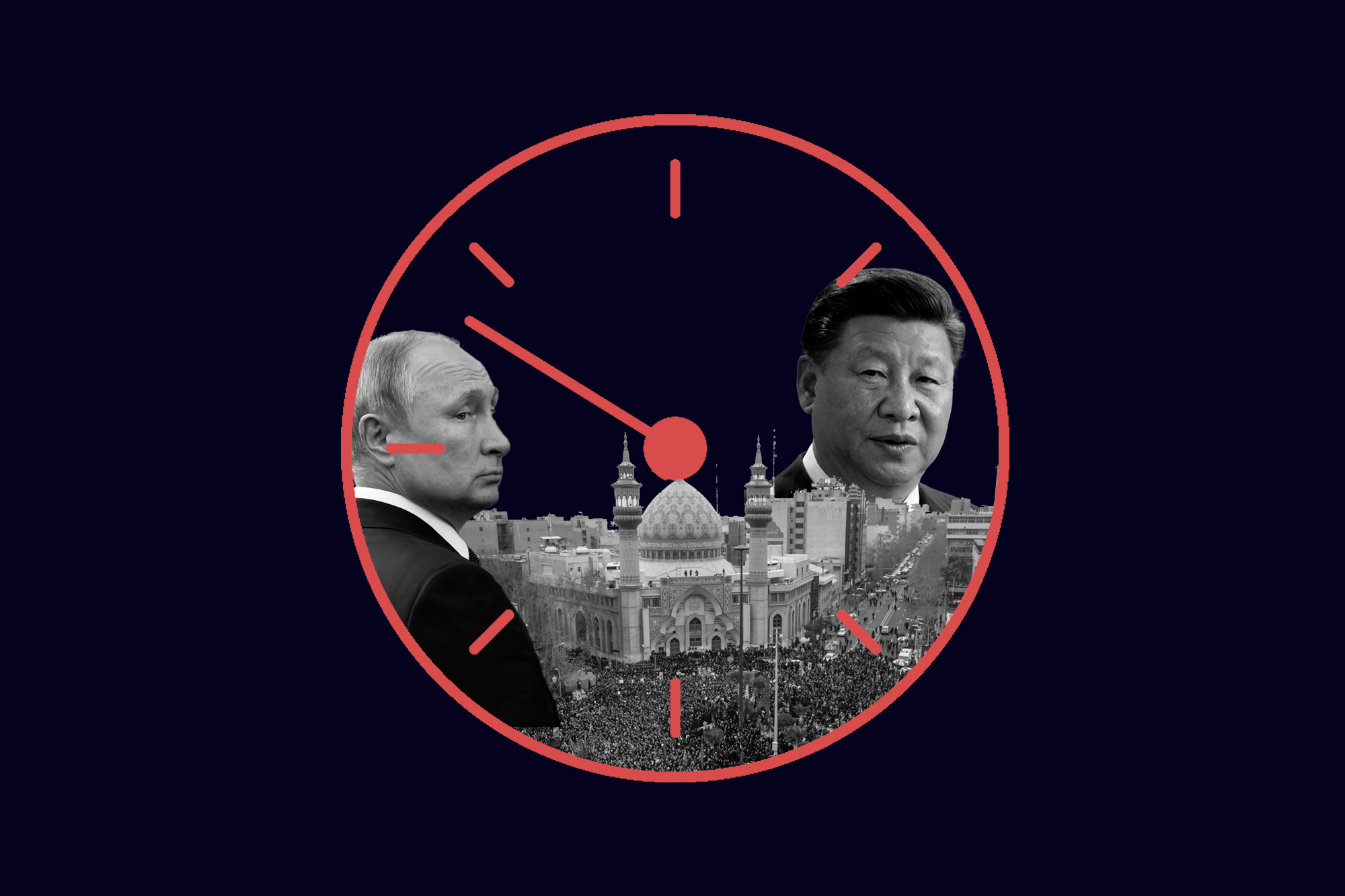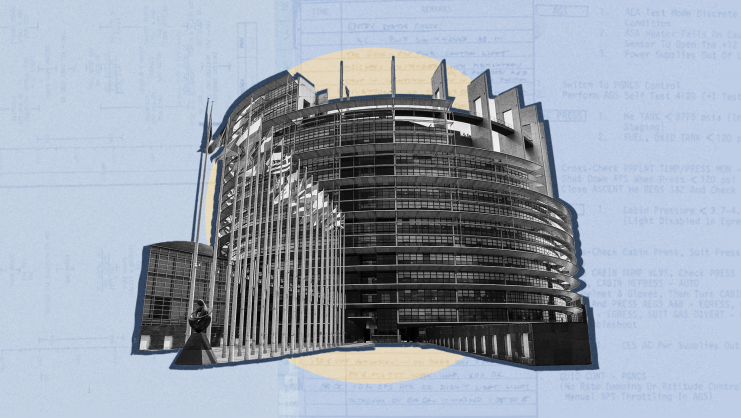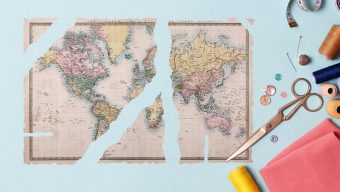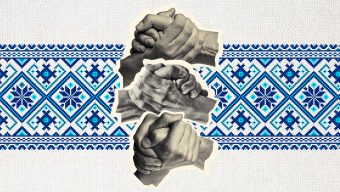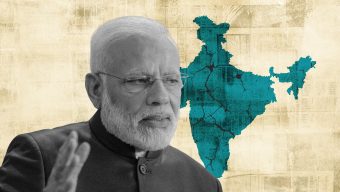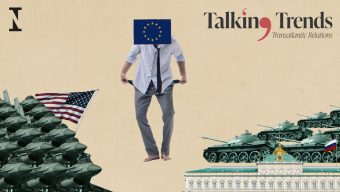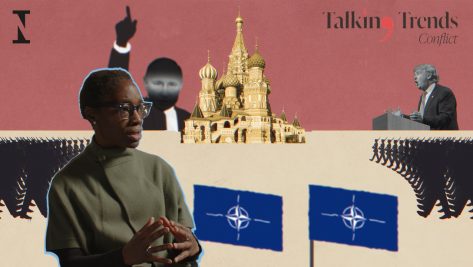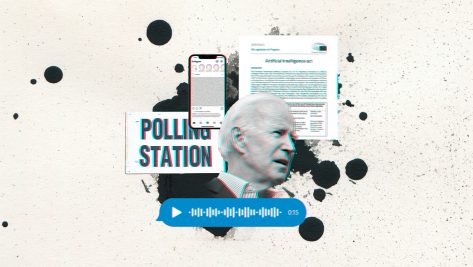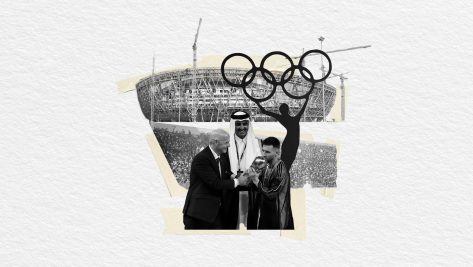Every year, when autumn arrives and the echoes of summer fade away, I devotedly play Green Day’s iconic song “Wake Me Up When September Ends”.
Summer has come and passed
The innocent can never last
Wake me up when September ends
The lyrics refer to the ephemeral nature of innocence, yet as I listen to them now, I cannot help but look at the latest developments in world affairs with a pinch of naivety. Recent events in Russia, Iran, and China allow the feeling that we may be witnessing hints of change in the domestic situation of these countries, changes that could trigger a radical shift in the geopolitical outlook. As the music fills the room, I wonder if we might wake up to a different world by the time September ends.
Let me start with Russia, the current focus of worldwide attention. Over the past three weeks, we have witnessed a radical turn of events in the war in Ukraine. Kyiv’s surprising regain of territory in the northeast, following a master strategy of deception, as well as its counterattacks in the southern region around Kherson have resulted not only in the breakdown of the summer military stalemate in Ukraine but they have sent shockwaves into Moscow. For the first time, Putin’s hold on power seems vulnerable. His order to mobilize reservist troops and his threats of nuclear deployment are signals of his growing weakness. Many Russians have crowded airports and collapsed roads in their efforts to flee the country. The recent Summit of the Shanghai Cooperation Organization held in Uzbekistan has also highlighted an unprecedented distancing from some of Russia’s traditional allies, including China and (most vocally) India.
Are we likely to see a collapse of the Russian regime? Chances are slim but for the first time in months, the idea cannot be discarded. Dissatisfaction with how the war is being handled is emerging in Russia and amongst its allies. Putin’s uncontestable image is beginning to fade away. The recent imbalanced prisoner swap between Kyiv and Moscow, including the liberation of over 100 members of the Azov regiment captured in Mariupol (and portrayed as Nazis by the Kremlin) in exchange for Putin’s personal friend Viktor Medvedchuk, has sparked criticism among Russian nationalists. Russians are increasingly unhappy and people in the streets are growing more courageous in their opposition.
There is a similar sense of instability in Iran these days. Massive demonstrations have erupted as a result of the death of 22-year-old Mahsa Amini, following her detention for not wearing her hijab appropriately. Violent protests have now spread to all main cities and urban centers in most of the country’s 31 provinces. This mobilization is of a size and depth not seen in Iran in over a decade. The fact that President Raisi has publicly vowed to crush the demonstrations with an iron fist testifies to the seriousness of the situation.
Like in Russia, the strength of Iran’s regime should not be underestimated. Its strength and resilience were shown in 2009, when it managed to suppress the so-called Green Revolution. But we should not downplay either the dimension of the Irani population’s discontent, which comes after years of stagnation and repression, or the the impact of the pandemic and the accumulation of foreign sanctions. According to the World Bank, the country’s economy is stagnated at the same level it was a decade ago, with GDP per capita now the same as in 2004. Younger generations seem to be fed up with repression and eager to enjoy the freedoms they have been denied for so long. There are even signs of solidarity across social classes. Moreover, reports point out that Supreme Leader Khamenei is sick and factions may be positioning for eventual succession. Could we also be on the verge of change in Tehran? If so, how deep will that change go? It is hard to say, but there is no doubt that any such change in Iran would have significant implications for the Middle East as a whole.
And then there’s China, undoubtedly the biggest player of all in the current quest for global hegemony. Those following the politics of the Asian giant have been puzzled in recent days by the noise emerging from Beijing. Over the weekend of September 24-25, social media was flooded with the rumor that President Xi Jinping may be under house arrest. Unconfirmed sources reported an unprecedented movement of troops around Beijing, with the possibility of the People’s Liberation Army deposing President Xi at the hands of General Li Qiaoming.
How credible are these allegations? Probably not very. This is not the first instance of such speculation, and it’s important to note that the 20th Congress of the Communist Party is soon upon us. Nonetheless, the fact that close observers of Chinese politics do not disregard the fact that some movements may indeed be taking place in Beijing shows that, like in the case of Putin, no leadership is written in stone, particularly in today’s uncertain times. The effects of the zero-Covid policy on the Chinese economy and the overall slowdown in trade and investment as a result of the growing competition with Washington may be taking a toll on people’s morale. The appeal to nationalistic pride and the unquestioned acceptance of a new mandate by President Xi reversing a long tradition of a two-term limit seems less justifiable today than it did just a few months ago. President Xi looks weaker than ever before and the unmitigated support he has enjoyed until now may be wearing down.
Diplomacy returned to the halls of the United Nations to the drums of war.
Are we likely to see a turn of events in these three countries in the weeks to come? Do they open up a window of opportunity for reversing the doom and gloom that plagues world affairs? A different regime in Moscow? A gradual opening up of Iran? A return to that peaceful rise that we all had hoped for China?
As my memory rests
But never forgets what I lost
Wake me up when September ends
I am still listening to the song. The lyrics sung by Billie Joe Armstrong resonate; they remind me that when this September ends, we will also be left with frustration, disillusion, and dramatic urgency. We should not, cannot, forget what we lost. First and foremost, we lost the innocence of thinking that the cancer of fascism would not return to the core of the European continent. The results of elections in Sweden and Italy have awoken the worst phantoms of our history and now haunt our moral decency as they attack and erode our democracies, raising the flags of xenophobia, homophobia, and exclusion in our very own parliaments and governments. The heirs of Mussolini are back in power in the third largest country in the EU; up north, their political brothers have reached power in one of the traditional bastions of social democracy. What will it mean for the European project? And what of the values that we wish to project abroad?
Diplomacy did return to the halls of the United Nations in New York, following a three-year pandemic-imposed hiatus. However, it did so to the drums of war. The UN Security Council displayed a level of confrontation not seen since the Iraq War. One after another, leaders addressing the General Assembly highlighted the somber times in which we are living. Secretary-General Guterres put it in unequivocal terms: “Our world is in peril and paralyzed,” he told world leaders. “We are gridlocked in colossal global dysfunction.”
In his speech, Guterres made a call for countries to work as one, “as a coalition of the world, as united nations.” Will these unfolding events in Russia, Iran, and China help facilitate this task? Or will they make it harder?
Here comes the rain again
Falling from the stars
Drenched in my pain again
Becoming who we are
Let’s see what the rains of this next season bring, after a summer of drought and heat—atmospheric and political. We must be ready to face what comes, whether that be stars in the night sky or new clouds covering the horizon, whether we are drenched in hope or in pain. Will we continue to be a shadow of who we are or will we rise to the occasion of what it means to be humankind?
Wake me up when September ends, and we will see…Or let me sleep and dream a little longer.
© IE Insights.



